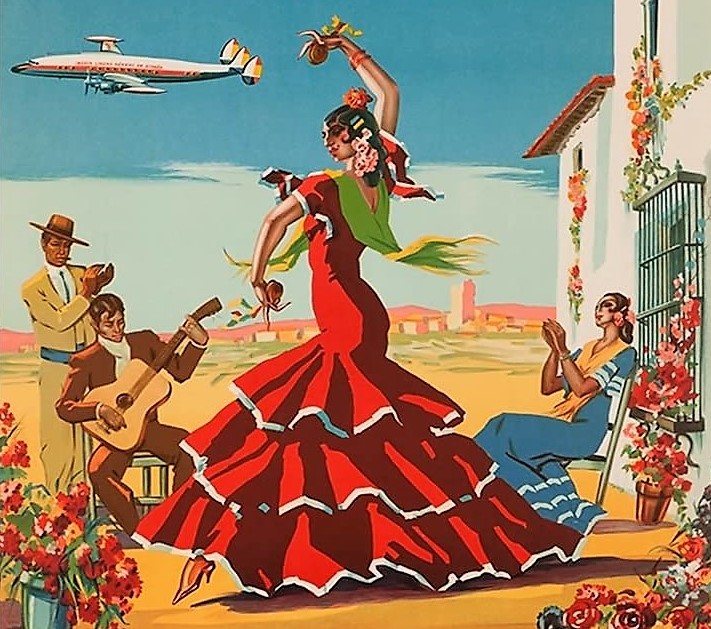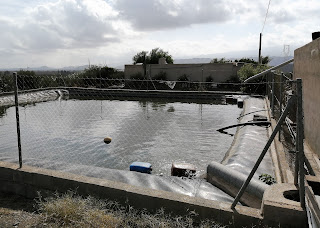To increase newspa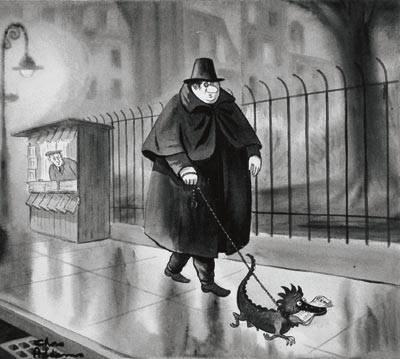 per
sales, one can lower the cover-price (as some British red-tops do) or
give away gifts or discounts of some sort to readers, or run an
‘advertorial’ (a paid-for item disguised as news) or take a small
commission on products sold through the newspaper.
per
sales, one can lower the cover-price (as some British red-tops do) or
give away gifts or discounts of some sort to readers, or run an
‘advertorial’ (a paid-for item disguised as news) or take a small
commission on products sold through the newspaper.
One can also increase the pages, or throw in a weekly magazine – but paper is ever-more expensive and indeed, many Spanish newspapers no longer even own a press, preferring to have their copies printed in production-intensive printers. There’s one in Valencia for example – AGM – that prints 24 dailies plus a few weeklies and various other goodies.
With newspaper sales falling – El País has gone from 469,000 copies sold daily to 60,000 in its 45 years of operation – it makes sense these days to print elsewhere and save on the staff.
But progress once again came to the attention of the editor (and the proprietor), with the arrival of the cyber-edition which costs nothing to print, nothing to distribute and there are no copies returned to be pulped. The dot com revolution has changed newspapers for ever.
However, the journalists, the bean-counters and the office cleaner still need paying, so with a free cyber-edition one must still search for income. The ad-blocker on most computers puts a dent in advertising revenue, so they endeavour to take some income from the readers.
Thus we have both subscriptions and pay-walls.
Which understandably weakens the number of visitors, but brings in some income.
News being news, it can of course be easily found elsewhere – from the TV to the other competing news-sources which remain free to use, along with the blogs (‘citizen’s journalism’) and the social media posts (which are sometimes corrupted).
It’s understood that one newspaper (or a pool) sends a correspondent to the Ukraine with all the expense and organisation that entails, and then along comes a scrivener and just hacks those stories without any guilt, but still… an event belongs to more than just its reporter.
Thus a pay-wall can only be of any moral use for protecting editorial or opinion.
After all, you can’t copyright or own a news-story.
Few people will be paying subscriptions for two or more news-services (in the hope of receiving a wider spread of news and opinion), and anyway, there are still many free news-sites to visit.
Furthermore, many pay-walls can be breached easily enough – search the same headline on Google, and we find that someone has likely pinched it; or use 12ft Ladder or an archive of an earlier posting with Remove Paywall (‘Read articles without annoying paywalls’), because, yes, precisely, they are annoying. Other pay-wall protected sites flatly can’t be opened without a credit card, so (frustrated or not), we don’t read them.
After all, are you going to subscribe to a page for just that one article?
A news-site may ask the reader to turn off his ad-blocker before being able to access the page: which seems reasonable enough. You do have the ad-blocker app, right?
Some cyber-news sites post a photo-version resistant to copy and paste. To copy, one must solemnly type out the text. Or maybe ‘take a screen-shot’. Others are of course easier.
The copy-justification is called ‘fair-use’, and needs to be brief, delivered within quote marks and with a link to the original (which, no doubt, brings traffic). Google is an obvious example of this practice. Meneame is another. Plagiarism (or ‘intellectual copyright’) occurs when a larger chunk of text is copied, unattributed to the medium where it came from.
Does the pay-wall system work? – Well, it brings extra income through subscriptions and, after all, news-sources can’t live entirely from advertising – except in Spain, where massive amounts of money are given as ‘institutional advertising’ to those news-sites which are ‘close’ to the administration. For example, the National Government, says The Objective here, has earmarked over 145 million euros in publicidad institucional for 2023.
Give me a slice of that, amigos, and I’ll write nice things about you…
The Guardian is an example of a major news-site without a pay-wall – it relies on voluntary subscriptions and, since it’s free, it can expect more readers. The Press-Gazette however thinks that with more dedicated clicks from subscribers (presumably anxious to get some return for their investment), the paper would receive quality visitors.
Now that’s just silly.
(Cartoon by the Great Charles Addams)






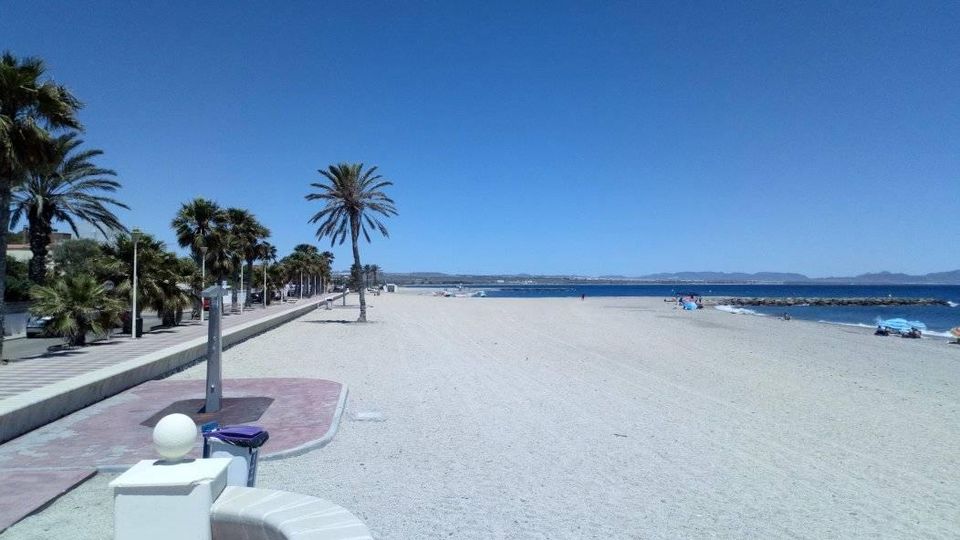


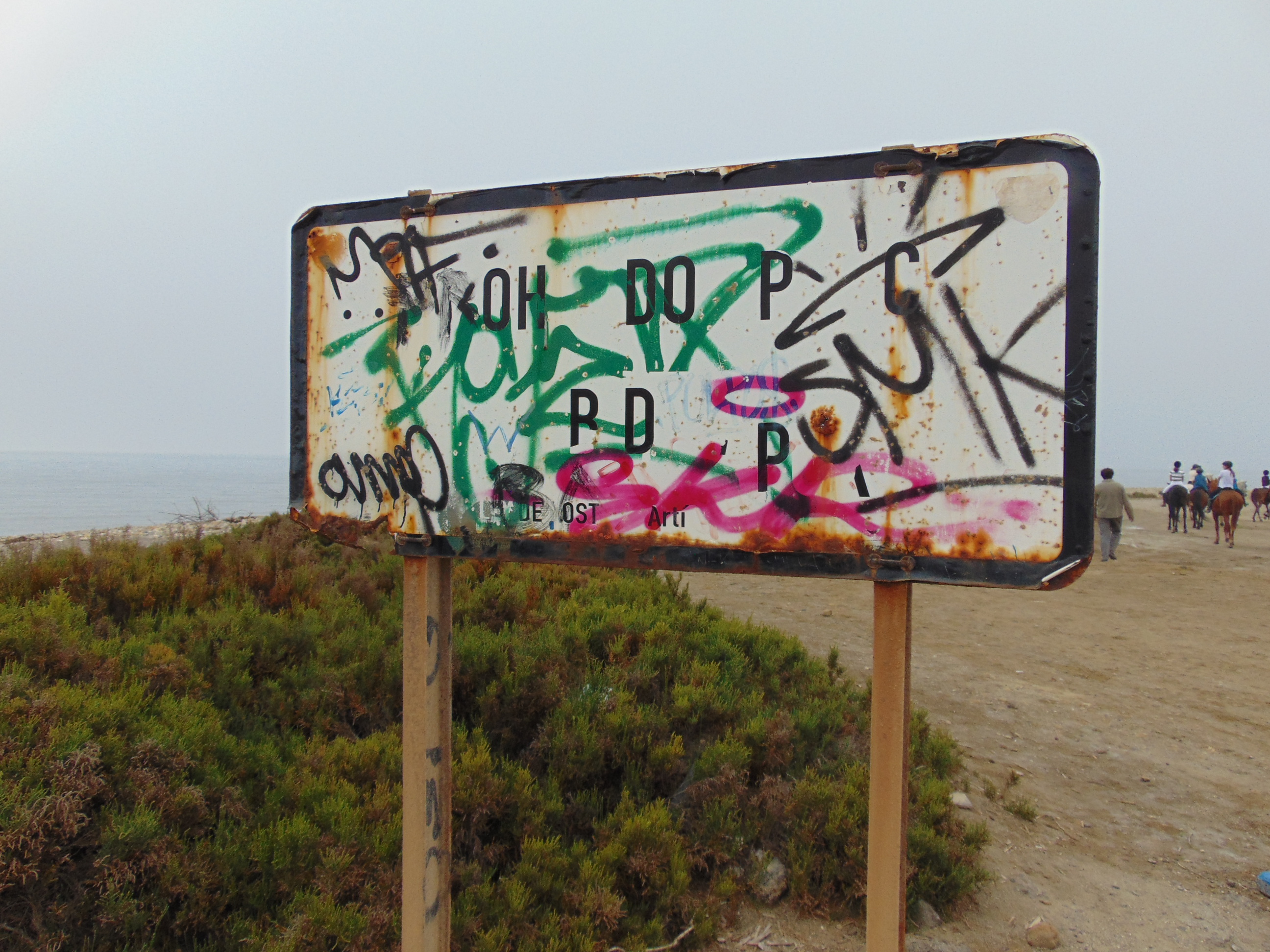
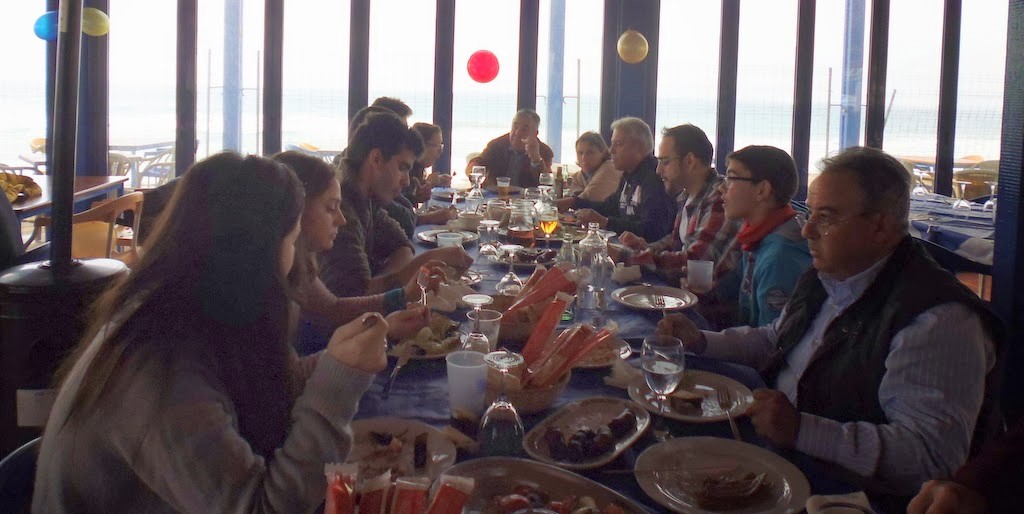

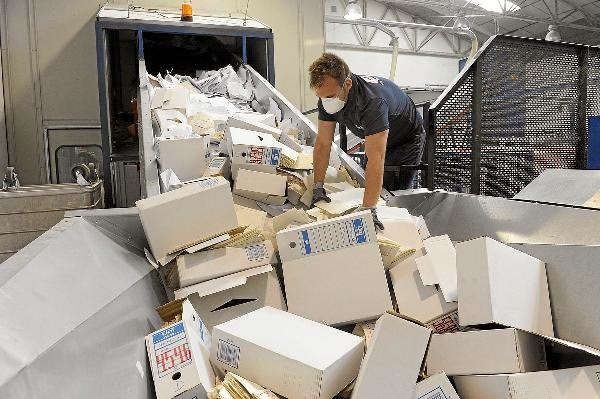


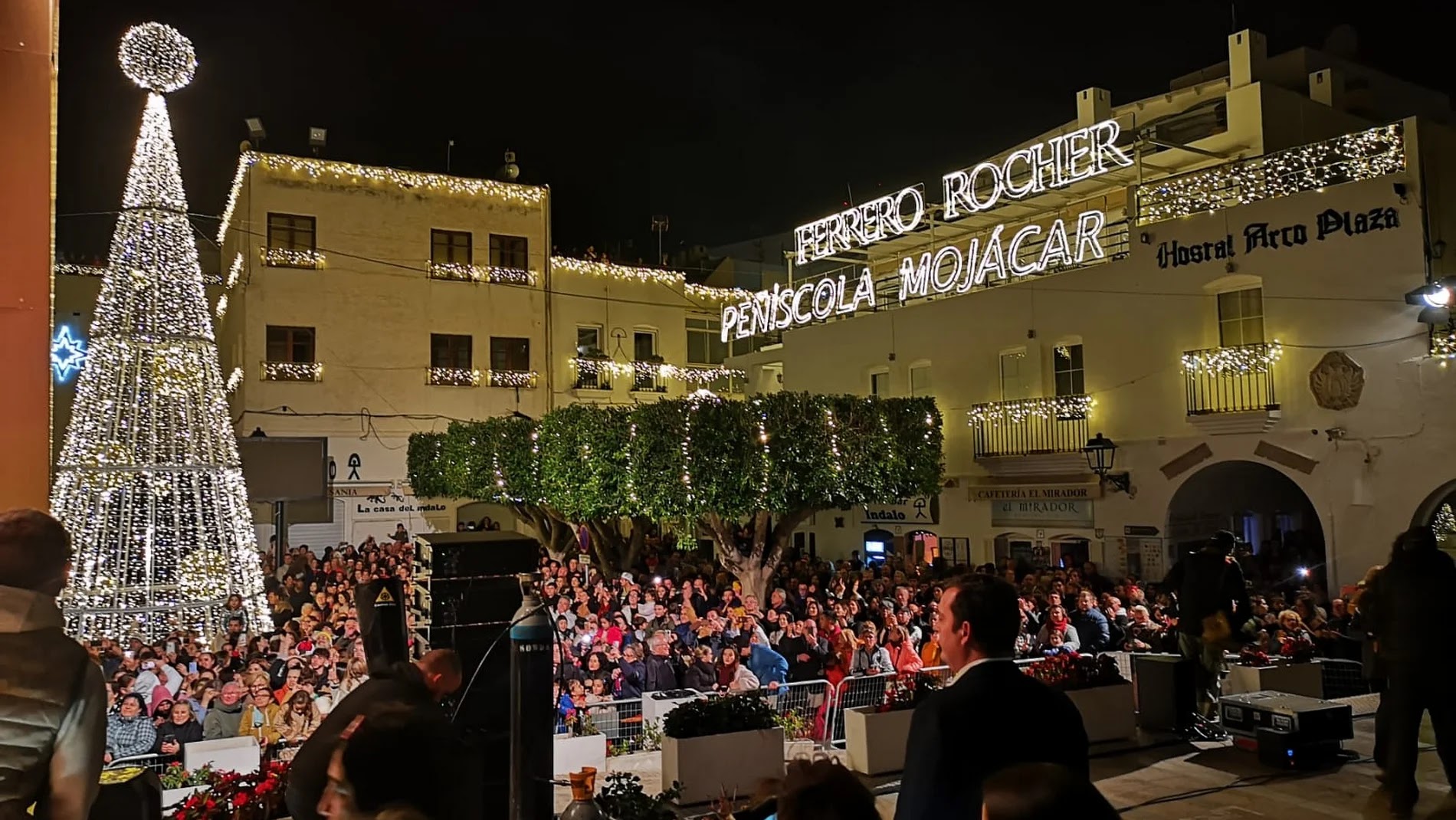 the
Plaza Nueva, so called, despite being erected in the early 16th
Century. At the time, settlers, given land in nearby Turre by Royal
Decree, could not stay overnight in that region, thanks to the irate mozarabes
who dwelt in the hills above, so they would live in and around the main
square of Moxacra - as the town was called by the departed Moors.
the
Plaza Nueva, so called, despite being erected in the early 16th
Century. At the time, settlers, given land in nearby Turre by Royal
Decree, could not stay overnight in that region, thanks to the irate mozarabes
who dwelt in the hills above, so they would live in and around the main
square of Moxacra - as the town was called by the departed Moors.